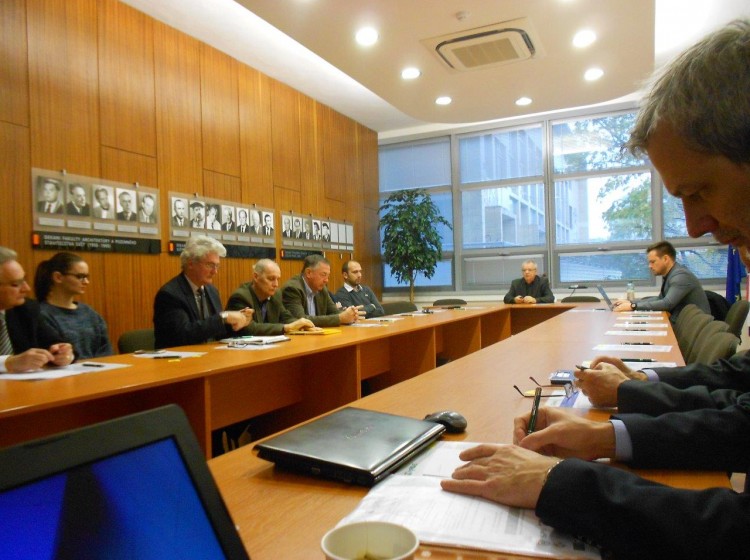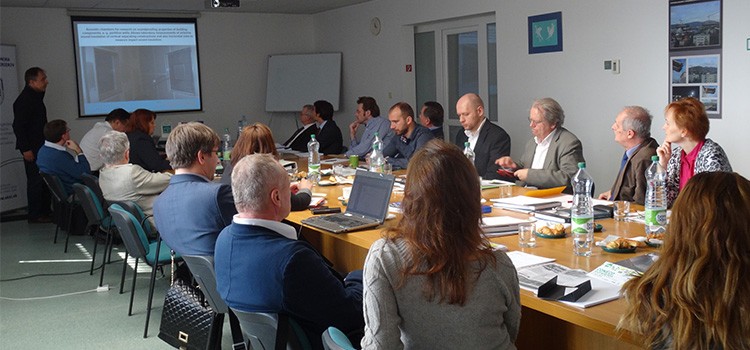The abbreviation nZEB stands for nearly Zero Energy Building. A lot has been written about this kind of building, but far more attention should be given to their actual implementation and quality. Many of these buildings remain only on paper. The article describes activities which are currently being devised to improve the construction of low energy buildings.
Barriers to nZEB
Unfortunately, there are still barriers to the practical implementation of high-quality and functional nZEB buildings. The most serious barrier is the lack of a unified system of construction management, as the management has been divided between several ministries. Other barriers to practical nZEB implementation include poor coordination of construction works, low quality construction management, insufficient quality control (quality of work and output), lack of experts for building operation and management, and inadequate interdisciplinary education and training.
To remove these barriers, it is desirable to establish education and training centres, a suitable structure of education programmes or long-term training programmes for on-site workers, building professionals and the general public. Another goal is to resume the activities of the National Qualification Platform (NQP), whose aim is to unify organisations involved in education and training of on-site workers.
nZEB buildings clearly have a profound influence on energy consumption. What should these buildings look like? How do they work and how are they built? How can high quality be achieved at construction sites? A pair of start-up projects, ingREeS and Train-to-nZEB, aim to answer these questions. Both projects want to raise awareness, disseminate knowledge and teach various target groups about nZEB construction.
ingREes
The ingREeS project, whose participants are the Czech Republic, Slovakia and Austria, was initiated in February 2015 and is a follow-up to the BUILD UP Skills project. Its main goal is to develop five education and training programmes for building professionals establishing a permanent network of trainers providing training programmes developed under the project. It also aims to propose financing for measures that increase the motivation of professionals to participate in education programmes and to invest in further education. In addition, proposals have been discussed that encourage the demand for highly qualified professionals and achieve financial agreements regarding the use of ESF and dissemination of training programmes.
Train-to-nZEB: Building Knowledge Hubs
The Train-to-nZEB project was launched in June 2015 and brings together professional organisations from Bulgaria, Romania, the Czech Republic, Turkey, Ireland, Germany and Ukraine. The target is to create a functioning network of training and consultation centres to provide training courses and comprehensive consultation services for on-site workers and highly qualified professionals who focus on implementing nZEB. In addition, new programmes are being planned for a larger professional audience, such as officers, managers, NGOs, consumer groups and the media, with a focus on improving knowledge and increasing the demand for nZEB projects. Building Knowledge Hubs (BKH) will establish a group of professionals concerned with the implementation of quality nZEB projects.
Pursuant to the legislation, since 2020 all newly constructed buildings should be built according to nZEB standards. Therefore, education, training and improving the professional skills of construction workers is highly desirable. Four newly established training centres in Europe will provide various training courses and about 3,690 people should attend these courses and improve their professional skills and qualifications. All this will contribute to the project implementation of nZEB buildings.
Jiří Karásek a Jan Veleba
jiri.karasek@svn.cz
Source: News at SEVEn, volume 22, number 1/2015, august 2015
Read full article here:
http://www.svn.cz/assets/files/zpravy_ze_seven/2015/News_at_SEVEn_2015.pdf


